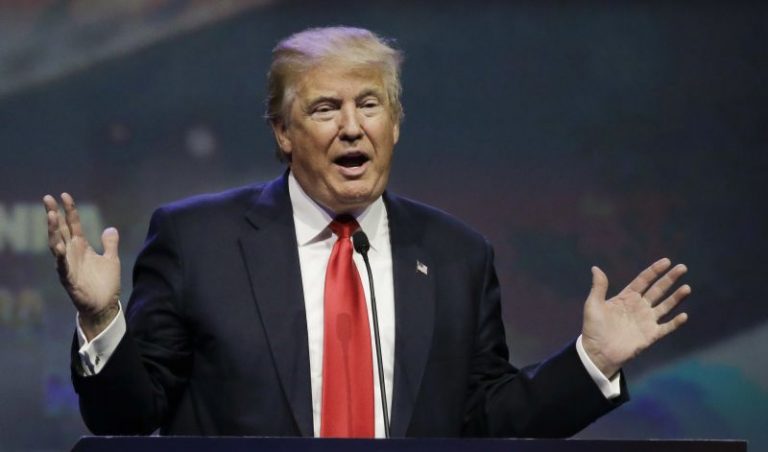
Could this be a watershed moment a la the assassination of Archduke Franz Ferdinand, a fulcrum in the history of the clash of civilizations between East and West? Nobody knows until long afterwards, but the potential is there. The leader of Iran’s elite Quds forces, General Qassem Soleimani, has been assassinated in an American bombing of Iraq’s Baghdad airport, ordered by President Donald Trump. This follows scuffles at the American embassy in Baghdad in which a mob burned the entrance to the building and set siege to embassy staff. This itself followed a bombing by American forces that killed Iranian fighters in Iraq. Iran had earlier taunted US President Donald Trump saying that he was unable to do anything about the embassy siege, following which Trump assassinated one of the highest ranking officers in the Iranian military and topped it off by tweeting a picture of the American flag.
First, the markets, which are responding as expected for this type of event. Safe havens including gold (NYSEARCA:GLD), long term Treasury bonds (NYSEARCA:TLT), and the US dollar index (NYSEARCA:UUP), are all trading higher in the premarket hours. All the major indices, including the Dow Jones (NYSEARCA:DIA), Nasdaq (NASDAQ:QQQ) and S&P 500 (NYSEARCA:SPY) are down around 1%. Oil (NYSEARA:USO) is up strongly at nearly 4% at highs not seen since last May. The entire commodity complex is having a strong up day as represented by the Invesco DB Commodity Index Tracking Fund (NYSEARCA:DBC), up 1.75%, a very strong move for such a historically stable fund. All told, the moves aren’t too extreme considering the potential for all out war between Iran and the United States at this point. #WorldWar3 is trending on Twitter, though that admittedly doesn’t say all that much besides the state of the impetuous collective mind of social media.
Iran has already threatened retaliation, though it is unclear what the country’s leadership is going to do, or what it can do. Possibly intercept more oil tankers or disrupt US drones in the region, which the Trump Administration has already dealt with the previous times these things have happened due to ongoing US sanctions against Iran’s oil industry. Iran could possibly become even more aggressive in these oil disruption missions, which would have the effect of pushing oil prices even higher, something that Saudi Arabia, Iran’s enemy, has been trying to engineer for years since the 2014 oil collapse.
Any serious escalation in tensions between Iran and the United States could also have the effect of minimizing talk of impeachment, which is still actually not official as the House of Representatives has not yet passed the Articles of Impeachment over to the Senate for trial, in fear over what the Republican-controlled senate might do once it has free reign to call witnesses.
As more US troops head to Iraq in what looks like a showdown, military spending out of Washington should be further increased, which will further exacerbate the already gargantuan federal budget deficit, now pushing $1 trillion and counting. It is unclear whether China is able or willing to pick up the slack in purchasing even more Treasuries to fund this deficit, what with the ongoing stalemate in trade talks, the “Phase One” trade agreement still not having been signed yet. The Federal Reserve may have to step even even further to bridge the gap with new money.
The US and Sulemani have been fighting since the early 1980’s when the Reagan Administration made an alliance of convenience with Saddam Hussein in his war on Iran between 1980 and 1988. Had the US never gotten involved in that war in the first place, it is unclear whether the two succeeding Gulf Wars would have followed at all.
At this point the world waits with bated breath as to what, if anything, Iran will do in response to the strike, but military expenditures are almost certain to rise on both sides while signs accumulate of a stalling global economy. Now with more resources being spent on war, the chances of a recession in 2020 have markedly increased.
Another possible effect of recent events could be a rush to liquidity, which we are already seeing in the immediate aftermath, which should necessitate further easing from the Fed as demand for dollars increases beyond the $500 billion promised to successfully get through the 2020 turn without a seizing in overnight lending markets.
2020 has indeed started off with a bang. Whether it will lead to good things or bad in the end, remains to be seen.




